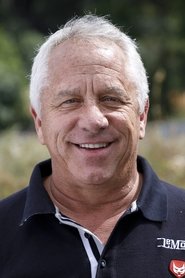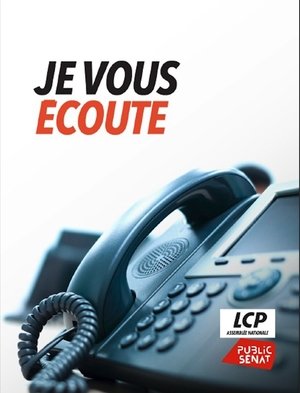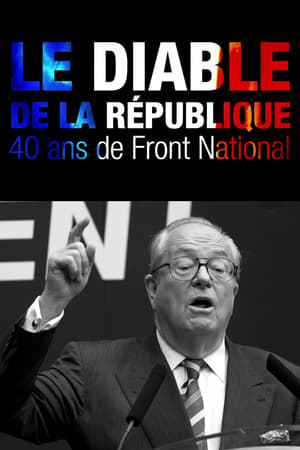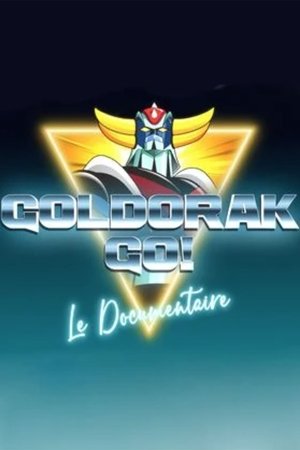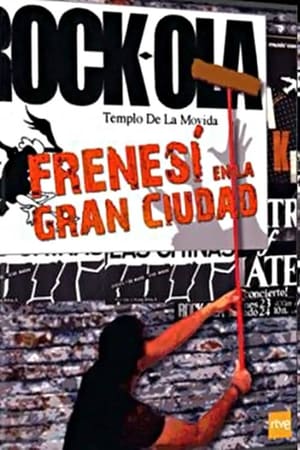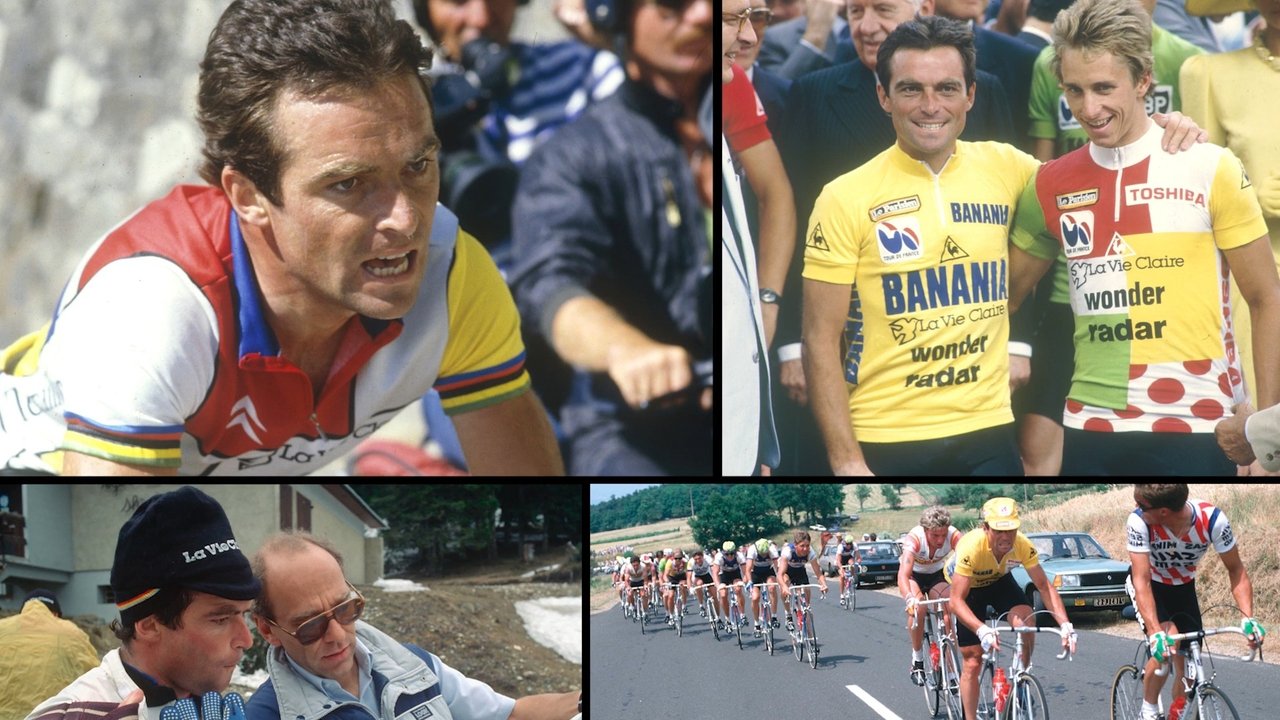
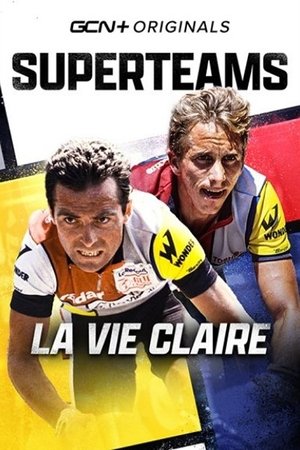
Superteams: La Vie Claire(2023)
In the mid-1980s, one team dominated the cycling headlines: La Vie Claire. Despite a ferocious internal power struggle between two of the sport’s biggest stars, they racked up more than 100 wins. Wearing their iconic Mondrian jersey, Bernard Hinault and Greg LeMond won two of the most infamous Tour de France victories of all time. Bankrolled by the controversial businessman, Bernard Tapie, La Vie Claire rewrote the rulebook on both bike racing and fashion. Dan Lloyd is joined by special guests Pippa York and William Fotheringham to discuss how the team turned a recipe for disaster into a period of complete dominance.
Movie: Superteams: La Vie Claire
Top 4 Billed Cast
Presenter
Self
Self
Video Trailer Superteams: La Vie Claire
Similar Movies
 8.0
8.0Burn, Baby, Burn! - Wie Aerobic die Welt zum Schwitzen brachte(de)
The saga of fitness, which exploded in the 1980s and contributed, in its own way, to liberating women's bodies.
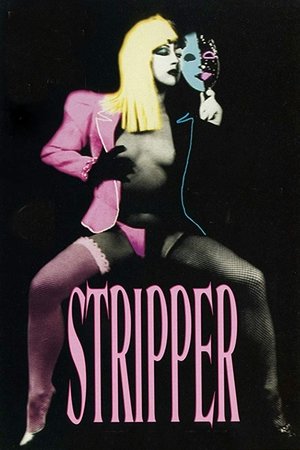 5.5
5.5Stripper(en)
A strippers' convention and a major contest. The movie focuses on a few strippers, each with her own strong motive to win.
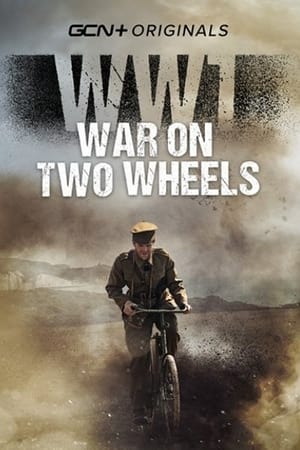 8.5
8.5WW1 - War on Two Wheels(en)
A fascinating insight into the role of the bicycle in the First World War - from reconnaissance to transporting ammunition, historian and cycling enthusiast Jeremy Banning explores stories from the battlefield. Ollie Bridgewood discovers the role cycle scouts played in the Army Cycling Corp and rides the original bikes used in the conflict. Mark Beaumont meets the grandson of a WW1 soldier who rode for the Highland Cyclist Battalion and survived brutal combat on the front line.
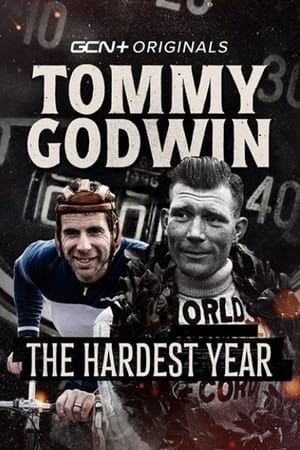 6.0
6.0Tommy Godwin: The Hardest Year(en)
In 1939, driven by a desire for fame and fortune English amateur Tommy Godwin cycled a world record 75,065 miles in one year setting out from home each day through bitter winters and the blackouts of World War Two. He became the fastest person to cycle 100,000 miles in just 500 days. After this epic feat of endurance, Tommy had to learn to walk again and uncurl his hands! The madcap record has only been attempted by a handful of determined souls and Tommy’s record stood for 76 years making it one of the greatest, but also most overlooked sporting achievements. Ultra endurance athlete and round the world cycling record holder Mark Beaumont is on a mission to shine a light on Tommy’s ride. He delves deeper into Tommy’s story and finds out if he has the physical and mental stamina to take on Godwin’s record.
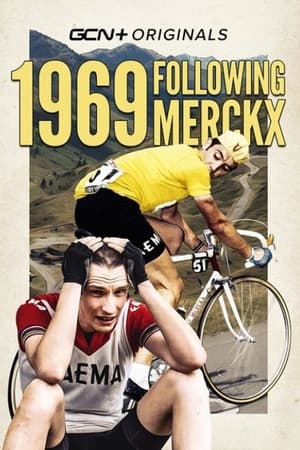 0.0
0.01969 - Following Merckx(en)
1969. July the 15th. Stage 17 of the Tour de France. A brutal stage from Luchon to Mourenx covering four of the toughest mountains in the Pyrenees. On this fateful day, Eddy Merckx catapulted himself into the history books with one of the greatest solo breakaways the sport has ever seen. Fast forward over half a century, and GCN’s Simon Richardson is in the Pyrenees to pay tribute to The Cannibal by recreating his ride. To make the 220km epic even more challenging, Si will do it aboard his 1969 spec Faema team bike and wearing their iconic red and white jersey. Eddy Merckx made this ride look easy, but will Si even make it to the finish line?
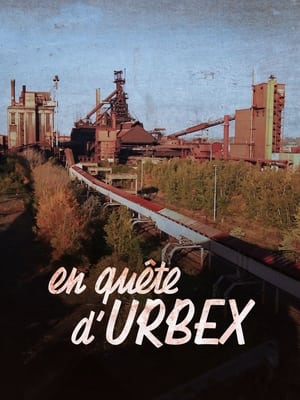 8.0
8.0In search of urbex(fr)
There are places in the world that are forgotten by everyone, places where time seems to have stopped, where nature seems to have won the battle. These places are the playgrounds of modern-day adventurers called urbexers. They explore, discover, and photograph the most emblematic abandoned sites in France with a single leitmotif: to prevent them from falling into oblivion forever.
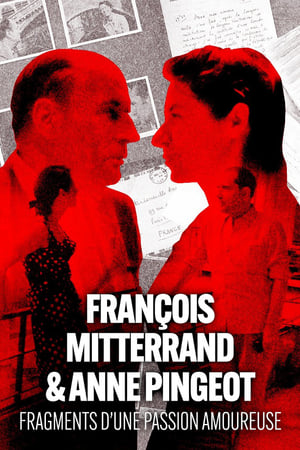 6.0
6.0François Mitterrand & Anne Pingeot: Pieces of a Love Story(fr)
In the summer of 1963, François Mitterrand was going through a deep existential crisis. His political career was at a standstill and, after 19 years of marriage, the couple had grown apart. It was at this point that François Mitterrand met the woman who was to give new meaning to his life. Anne Pingeot, aged 19, was to become the companion of a lifetime, a woman who would be with him throughout his rise to power and who would remain by his side until his last breath. For the first time, Anne Pingeot has agreed to allow the fragments of this passionate love story — hundreds of letters and a diary — to be shown on television, before being donated to the National Library.
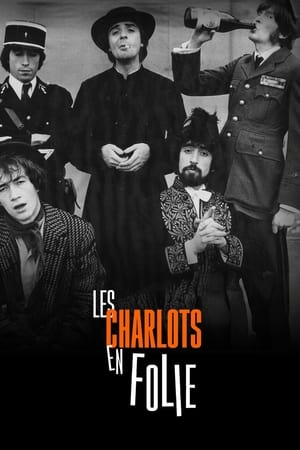 8.0
8.0Les Charlots en folie(fr)
Documentary on Les Charlots, known as The Crazy Boys in the English-speaking world, a group of French musicians, singers, comedians and film actors who were popular in the 1960s, 1970s, and early 1980s.
 0.0
0.0Hugo Koblet - The Charming Cyclist(de)
Zurich-born Hugo Koblet was the first international cycling star of the post-war period. He was a stylist on the bicycle and in life, and a huge heartthrob. Koblet had a meteoric rise and won the Giro d'Italia in 1950. Once he had reached the zenith of his career, Koblet was put under pressure by overly ambitious officials and ended up ruining his health with drugs. In 1954, he married a well-known model and they became a celebrity dream couple. After his athletic career ended, Koblet began to lose his footing. Threatened by bankruptcy, he crashed his Alfa into a tree.
 0.0
0.0Don't Lose Your Head(en)
Don't Lose Your Head was a DVD documentary concerning Doctor Who that was released on 28 January 2013.
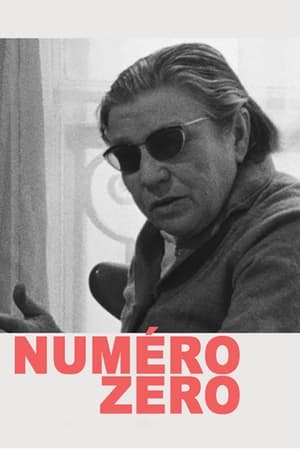 9.5
9.5Numéro zéro(fr)
A family portrait in which the director profiles his grandmother, Odette Robert. Eustache includes in the film the conditions of its production — he is seated at the table with her, pours her some whiskey, speaks with the camera operator, manipulates the clapboard at the head and tail of the reels, and even takes a phone call. Robert, who was seventy-one, speaks rapidly and tells the story of her life, starting from her early childhood in villages in the Bordeaux region of France. A shorter version of the film ("Odette Robert") was edited in 1980 to be broadcast on television on TF1. The complete film only gained exposure in 2002, when it was salvaged by Boris Eustache, Thierry Lounas, João Bénard da Costa, Jean-Marie Straub, and Pedro Costa.
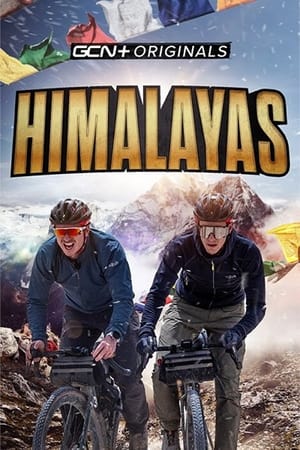 6.0
6.0Himalayas(en)
Simon Richardson and James Lowsley-Williams head to the Himalayas on a quest to discover Nepal’s mysterious ‘Forbidden Kingdom’, the remote mountaintop city of Lo Manthang. Breath-taking views, lung-busting climbs, and incredible encounters with locals; Si and James are in for an unmissable gravel bike adventure! Their once-in-a-lifetime expedition begins in the chaotic streets of Kathmandu before embarking on a gruelling five-day ride up the ancient trade route that forges a path between Nepal and Tibet. Their epic ride sees them dicing with kamikaze trucks, enduring freezing rainstorms, taking a 228m bungee jump, and even a heroic attempt to beat a Himalayan KOM.
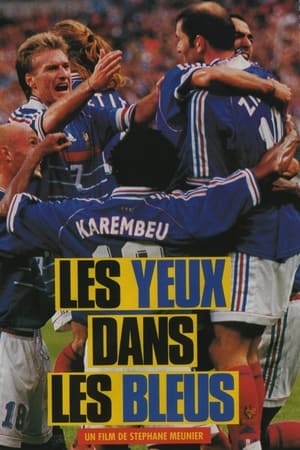 7.4
7.4Les yeux dans les Bleus(fr)
This documentary follows the French soccer team on their way to victory in the 1998 World Cup in France. Stéphane Meunier spent the whole time filming the players, the coach and some other important characters of this victory, giving us a very intimate and nice view of them, as if we were with them.
